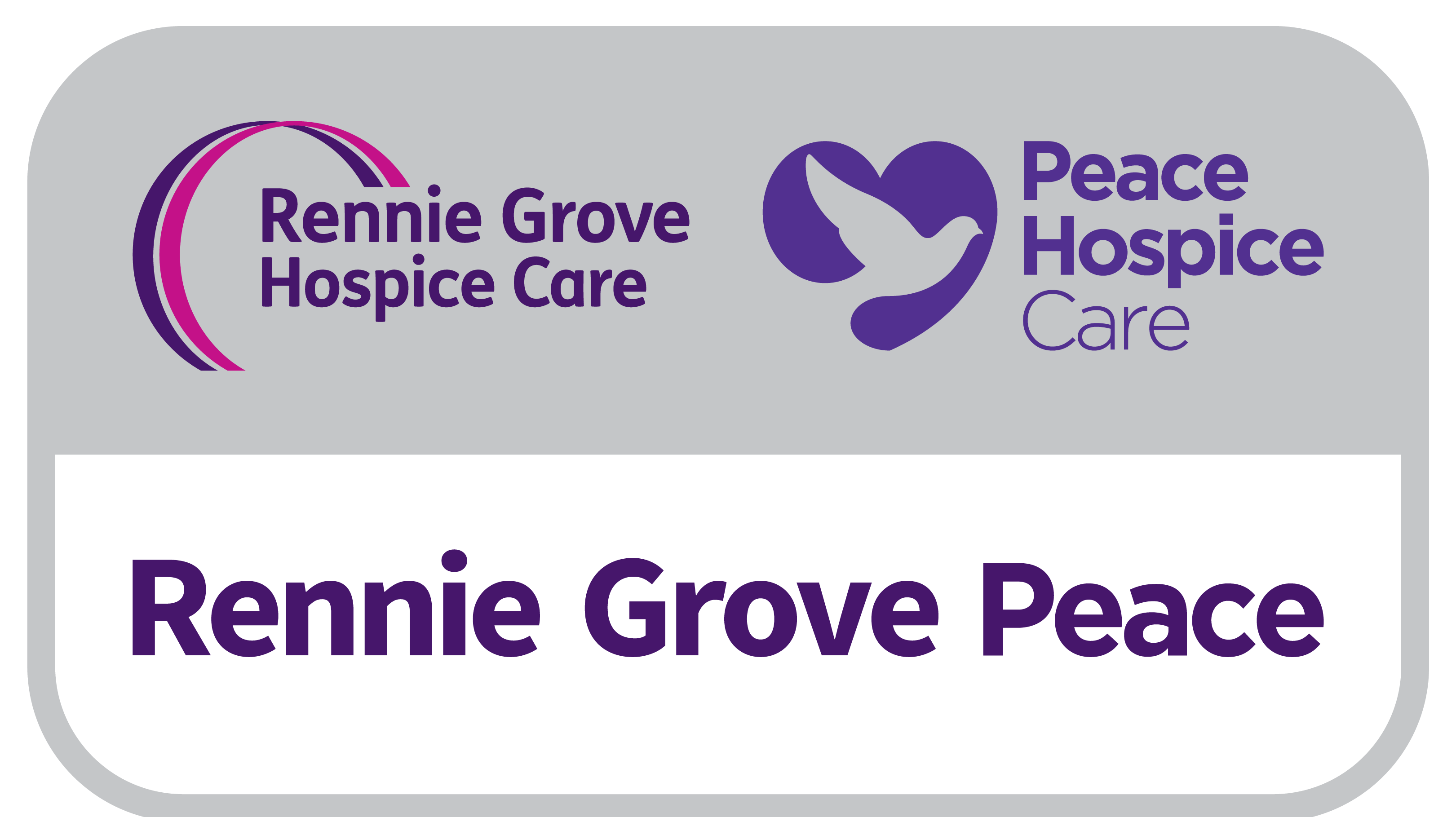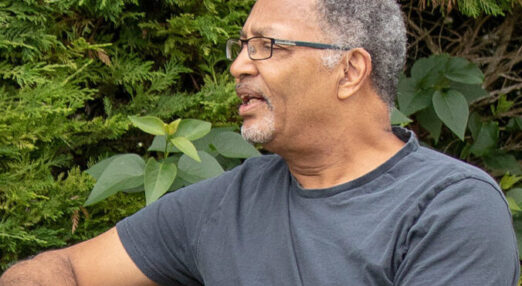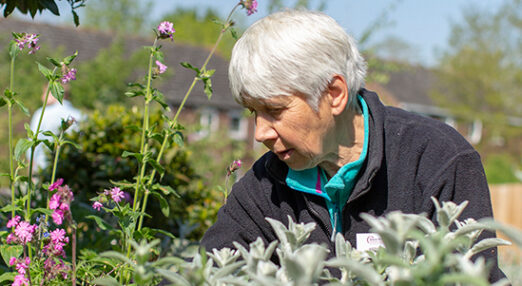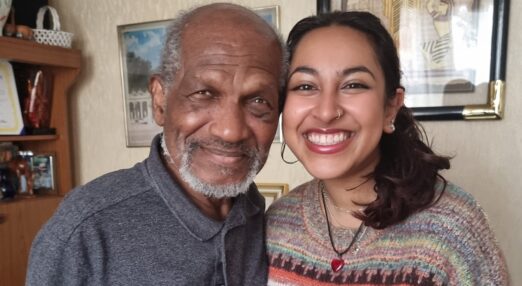How to talk about death and dying
Living with a life-limiting illness can feel overwhelming and/or frightening and raises a lot of questions. Whether it is you or a family member or close friend who is in this situation, the unknown can be difficult territory to navigate.
Understandably, you may feel uncomfortable asking questions or even afraid of what the answers might be.
Our staff are sometimes asked questions like “Am I going to die?”, “How will I die?” “Am I more likely to die if I fall asleep?” or even “How will I know when it’s the end?”.
Family members and friends ask questions too; “Is it okay to mention ‘the D- word?’”, “What happens immediately after a person dies?” or “Can you please not tell my dad he is dying?”.
Communication is so important when it comes to having both a good life and a good death.
In case you are feeling scared to ask, our team has come up with some pointers which might reassure you or somebody you know:
Questions build connection
Whether you are a person living with a life-limiting illness, a family member or friend, asking questions builds connection and closeness with others. It also helps you to engage with the process and enables advocacy where required.
Ask us anything you want to know
We have a team of experts who can help and support you. The Rennie Grove Peace team supports thousands of people across West Hertfordshire and Buckinghamshire from the moment of their diagnosis. Your questions give us an even deeper insight into how we can support you and your family further.
There is no such thing as a silly question
When it comes to speaking to us, nothing is off-limits. In fact, the question you might be most scared to ask could well be one we have heard hundreds of times before. We will help you to process your fears and thoughts. We are here to help.
Talking is empowering
Whatever stage of life you are at, talking openly about death can help people to work out what they do and don’t want when the time comes. This could be, for example, a desire to have a certain piece of music played at the funeral or asking a religious leader to say a prayer. Having these conversations in advance can help you to feel empowered and in control of a situation that may otherwise evoke feelings of helplessness. Talking about things can also help to take away some of the fear you may experience.
Talking helps other people
When we have conversations and encourage dialogue about death and dying, we are helping to get the message out there that it is good to talk about it. People often tell us that they feel better for sharing their wishes, thoughts and feelings and not holding them in.
Specific answers are not always possible
This can be really confusing and frustrating. You might expect that we have all the answers. However, sometimes we do not know the answers because every person is different, and every death is individual. But rest assured that we will always listen compassionately, answer where we can and foster open communication. We also offer a range of dedicated services, including one-to-one listening and counselling, a guided group programme and drop-in bereavement support.
“Supporting patients and their families to have open conversations - and helping them to look ahead and decide what they want to happen - is an important part of the support we provide. It is deeply embedded into the ethos of our hospice care.”
If this has prompted any questions for you please get in touch on 01923 60 60 30
-

XXX Bereavement, Listening and Talking Therapies
Counsellors and trained listeners provide emotional support for those facing life-changing illness or bereavement.
-

Supporting Hands
The Supporting Hands service matches volunteers to patients and carers in need of companionship or practical support with everyday tasks.
-

XXX Compassionate Communities
Community-based support to help beyond a patient's palliative, end-of-life care and bereavement needs




